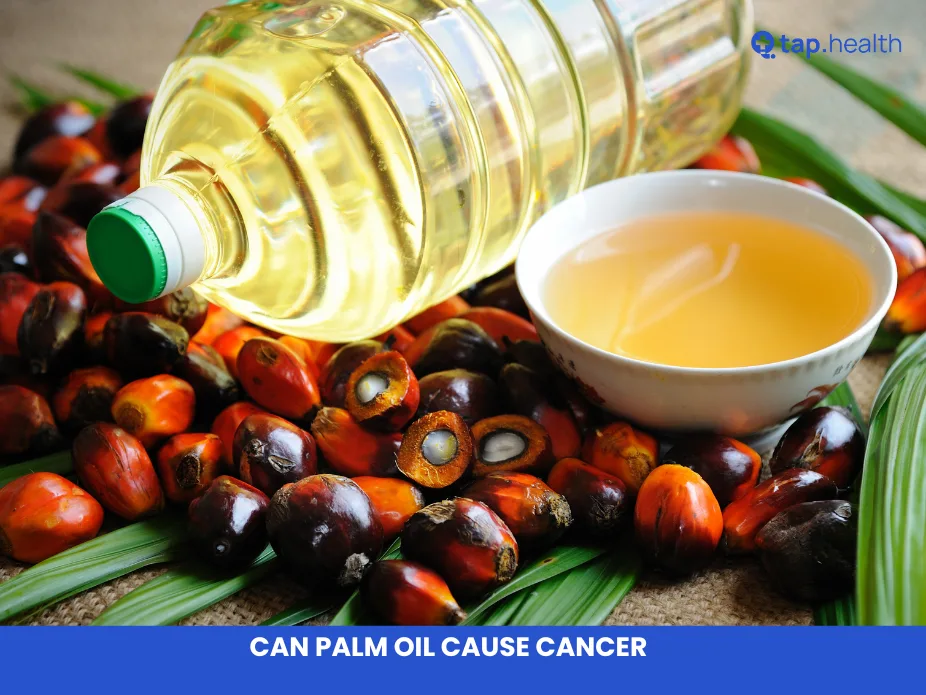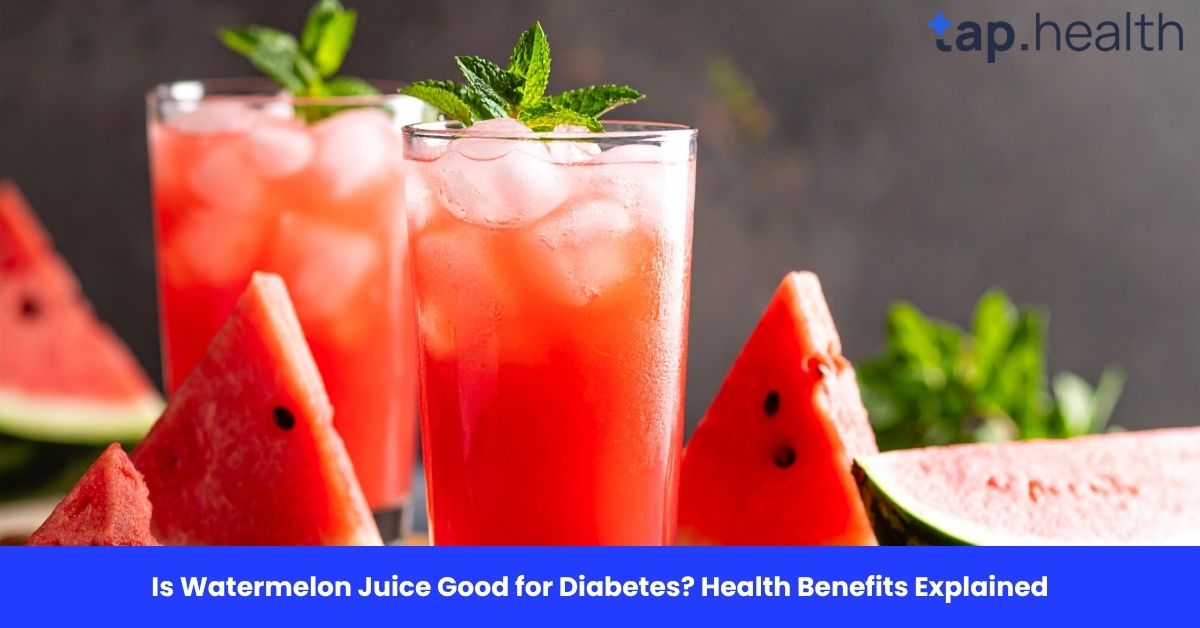Palm oil is everywhere—from snacks and margarine to soaps and lipsticks. Its low cost and long shelf life make it a favorite in the food industry. But headlines linking palm oil to cancer, heart disease, and diabetes have created confusion. This post answers the big question: can palm oil actually cause cancer? We’ll look at the science behind acrylamide and 4-MEI, compare refined vs red palm oil, and show how unrefined palm oil can actually benefit your skin.
What Exactly Is Palm Oil?
Palm oil comes from the fleshy fruit of the oil palm tree (Elaeis guineensis), mainly grown in Indonesia, Malaysia, and West Africa. Red palm oil is minimally processed and keeps its natural red color from beta-carotene. Refined palm oil, however, is bleached and deodorized, losing most nutrients and sometimes gaining harmful compounds.
Palm Oil Nutrition Profile
- 50% saturated fat (mostly palmitic acid)
- 40% monounsaturated fat (oleic acid)
- 10% polyunsaturated fat
- Rich in vitamin E (tocotrienols) and beta-carotene (only in unrefined/red form)
Does Refined Palm Oil Increase Cancer Risk?
The cancer concern comes from two contaminants formed during high-temperature refining:
- Acrylamide Forms when oils or starchy foods are heated above 120°C. The IARC classifies acrylamide as a “probable human carcinogen” (Group 2A) based on animal studies. Levels in refined palm oil are usually low and within EU safety limits.
- 4-Methylimidazole (4-MEI) A byproduct of the caramelization process during refining. Animal studies show carcinogenic potential at very high doses, but human exposure from food is considered negligible by FDA and EFSA.
Key takeaway: No large-scale human study has directly linked normal dietary palm oil intake to increased cancer rates.
Bigger Health Risks of Palm Oil You Should Know
- High saturated fat content can raise LDL cholesterol and contribute to heart disease when consumed in excess.
- Frequent intake of ultra-processed foods containing refined palm oil is linked to obesity, insulin resistance, and higher diabetes risk.
- Reusing palm oil for deep frying creates oxidized fats and more harmful compounds.
Red Palm Oil vs Refined Palm Oil – Which Is Safer?
Red palm oil (unrefined):
- Retains powerful antioxidants (tocotrienols and carotenoids)
- Lower risk of harmful contaminants
- Supports skin health and may protect against oxidative stress
Refined palm oil:
- Nutrient-stripped
- Higher chance of contaminants
- Often partially hydrogenated (trans fats in cheap versions)
Is Palm Oil Safe in Moderation?
Yes. Global health authorities (WHO, EFSA, FDA) state that occasional consumption of palm oil as part of a balanced diet does not pose significant cancer risk. The problem is overconsumption through daily biscuits, instant noodles, and fried foods.
Palm Oil Benefits for Glowing Skin
Unrefined red palm oil is a skincare superstar because of its high vitamin E and beta-carotene content.
Quick DIY Recipes for Radiant Skin
- Hydrating Red Palm Oil & Honey Mask Mix 1 tbsp red palm oil + 1 tbsp raw honey + ½ tsp turmeric. Apply 15 minutes, rinse. Perfect for dry winter skin.
- Exfoliating Coffee–Palm Oil Body Scrub 2 tbsp red palm oil + 2 tbsp brown sugar + 1 tbsp used coffee grounds. Gently scrub, rinse. Leaves skin silky and glowing.
- Overnight Red Palm Oil & Aloe Moisturizer Blend 2 tbsp red palm oil + 2 tbsp fresh aloe gel. Apply thinly before bed. Wake up with soft, plump skin.
Expert Verdict on Palm Oil and Cancer
Most oncologists and nutritionists agree: “There is no convincing evidence that palm oil itself causes cancer in humans when consumed in typical amounts. The risk comes from excessive intake of processed foods and repeated high-heat frying.” – European Food Safety Authority (EFSA) & World Cancer Research Fund
Smart Ways to Use Palm Oil Safely
- Choose certified sustainable red palm oil when possible
- Limit processed snacks and fried takeaway
- Never reuse frying oil more than once
- Balance with olive, avocado, or rice bran oil
- Read labels – palm oil hides under 200+ different names
Frequently Asked Questions
Q: Is palm oil worse than other oils for cancer risk?
A: No. Coconut oil and sunflower oil also form acrylamide when overheated. The key is processing and quantity.
Q: Can palm oil give you acne?
A: Topical red palm oil is usually non-comedogenic and helps acne because of its anti-inflammatory antioxidants.
Q: Is red palm oil good for diabetes?
A: Preliminary studies show tocotrienols in red palm oil may improve insulin sensitivity, but more research is needed.
Q: Which countries banned palm oil?
A: None have banned it completely, but the EU restricts trans fats and requires sustainability labeling.
Can Palm Oil Contribute to Diabetes? Insights from TapHealth
While palm oil itself does not directly cause diabetes, excessive intake of refined palm oil—common in processed foods—is linked to weight gain, insulin resistance, and higher type 2 diabetes risk. According to TapHealth experts, choosing unrefined red palm oil in small amounts and pairing it with a diet rich in vegetables, fiber, and lean protein minimizes any potential negative impact on blood sugar and metabolic health.



